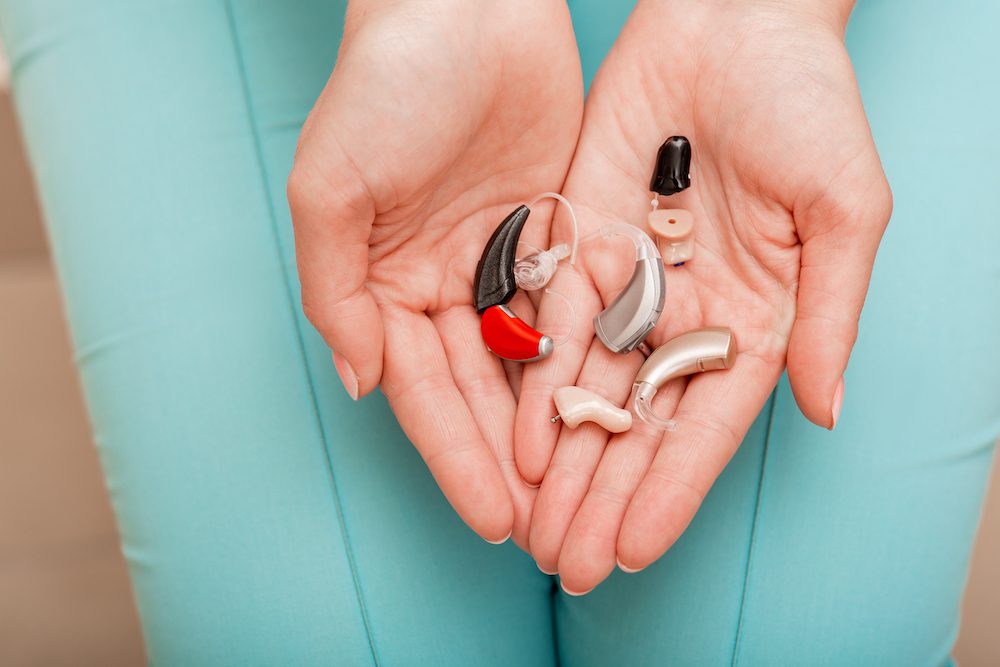The Evolution of Hearing Aids: A Look Back in Time
Hearing aids have come a long way over the years. This isn’t just


Hearing aids have come a long way over the years. This isn’t just

This year has been especially different than any year before. This is due

Hearing loss is one of the most pervasive health conditions that people